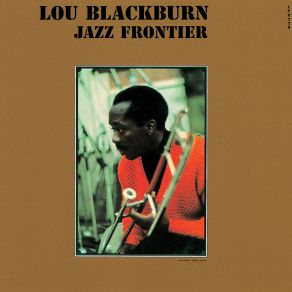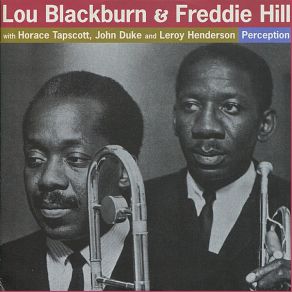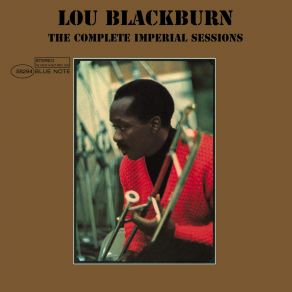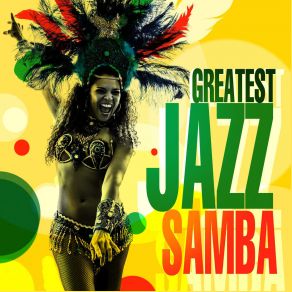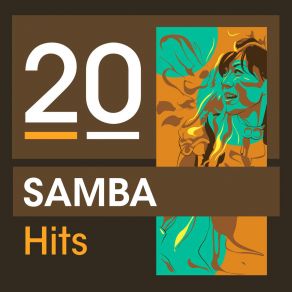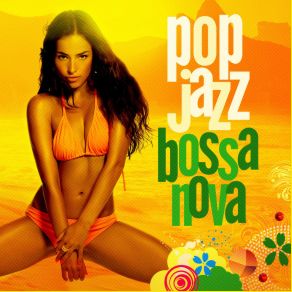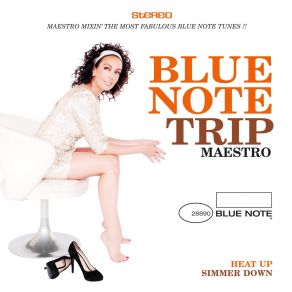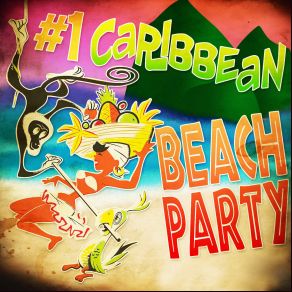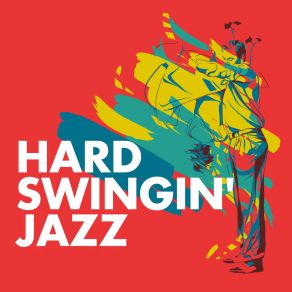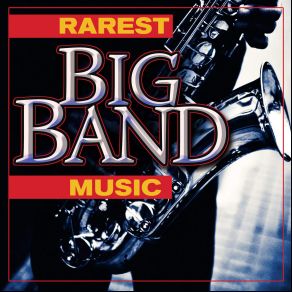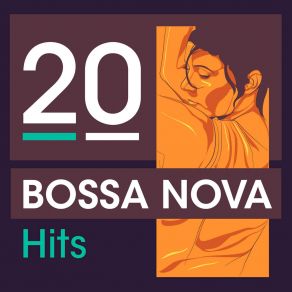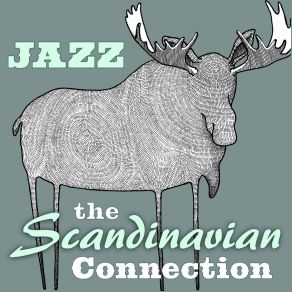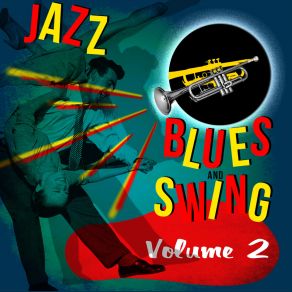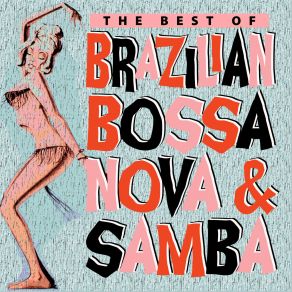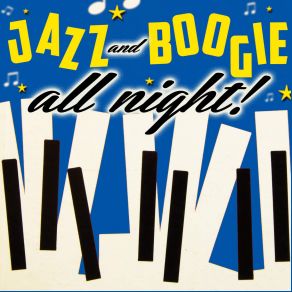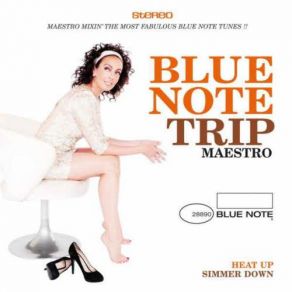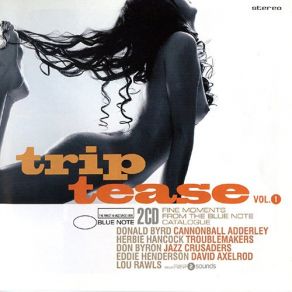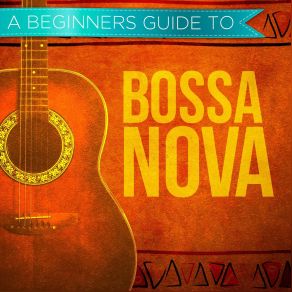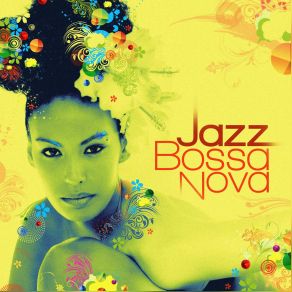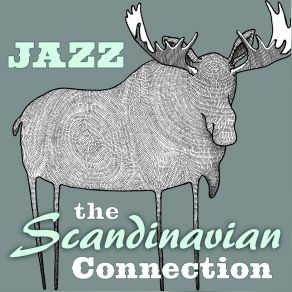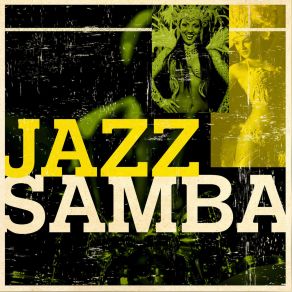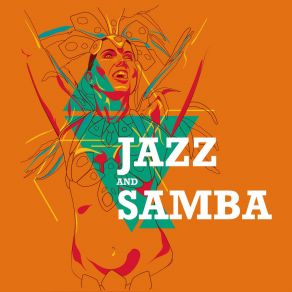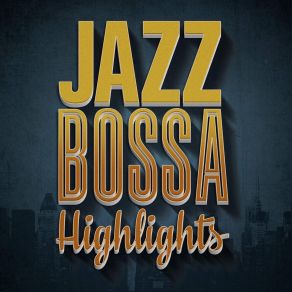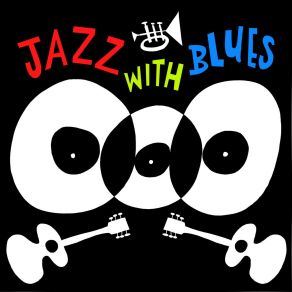Lou Blackburn
Wikimp3 information about the music of Lou Blackburn. On our website we have 5 albums and 18 collections of artist Lou Blackburn. You can find useful information and download songs of this artist. We also know that Lou Blackburn represents Jazz genres.
Biography
[Edit]With some musicians, their career represents an actual odyssey or travel through musical situations both geographical and aesthetic, and trombonist Lou Blackburn is a perfect example. It is too easy just to dismiss him as another mainstream jazz trombonist gone Afro-pop, when his actual personal voyage, from his native Pittsburgh to the life of an expatriate jazz player in Europe, from mainstream jazz to Mombassa, is an inspiring example of self-realization through trombone solos.
Blackburn became passionate about music early in life, using it to help get through both the disciplined lifestyles of college and the army. Getting out of the services in 1956, he began gigging with Charlie Ventura, immediately establishing a connection with the West Coast scene that never went away. Blackburn did more than catch sun rays in California; if a really happening jazz event was taking place, he tended to be more than just on the sidelines. Mingus at Monterey is one classic recording of modern jazz on which Blackburn appears as part of an expanded group of hornmen tackling the difficult and profound "Meditations on Integration" chart, including trumpeters Bobby Bryant and Melvin Moore, Red Callender on tuba, and Buddy Collette on alto sax and flute. Blackburn also cut sessions on his own with Horace Tapscott sitting in the piano chair, the reissue of which has been a great opportunity to study the latter unique musician's evolving style.
Blackburn was already a veteran himself when he became involved with Tapscott, and had spent the late '50s honing his trombone chops on tour with Lionel Hampton, a heavily booked group that did long stretches of one-nighters throughout Europe and North Africa. In 1960, Blackburn joined the band of trumpeter Cat Anderson, a trail that led back to the classic big band of Duke Ellington, with whom the trombonist wound up working for eight months of 1961, some of which time was spent toiling in the Columbia recording studios. From here he went to California, where he began working in film studios, also tainting the slide of his trombone with the allure of pop music.
Blackburn's credits lurch into another dimension at this stage of the game, perhaps the fifth, with appearances on recordings by the Turtles, the Righteous Brothers, and the Beach Boys, in the latter case admittedly doing naught with his trombone that might distract from the sounds of the theremin on "Good Vibrations." There were also incredibly creative projects, such as the David Amram recording session for the paranoid masterpiece film The Manchurian Candidate, for which the composer assembled a first-rate orchestra from the ranks of symphony soloists, chamber music players, Latin performers; with such jazz artists as reed player and flautist Paul Horn (basically helpless unless he is playing in a monument such as one of the great pyramids), big-toned tenor continent Harold Land, low-end reed guy Jack Nimitz, and Dick Leith joining Blackburn on the trombones. Amram himself startled some of the film's producers by leapfrogging from the podium to the side of the musicians, joining the fray with his own improvised solos on French horn and piano.
In the '70s, Blackburn was ready for another change, good vibes or not. He moved to Europe, where he began leading his own groups first out of Berlin, then Switzerland. He formed an ensemble entitled Mombassa, with a very strong African content to its arrangements. The lineup included musicians from several African countries, the influence of African music in the leader's playing more and more apparent in each passing year. He also collaborated with European jazz players such as Wolfgang Köhler in ensembles along the lines of the Lou Blackburn International Quartet, with more of a progressive jazz feel.
Collections
Title: Greatest Jazz Samba
Genre: Jazz
Title: 20 Samba Hits
Genre: Jazz
Title: A Summer in South America
Genre: World Music, Latin
Title: Pop Jazz - Bossa Nova
Genre: Jazz
Title: Blue Note Trip 9: Heat Up / Simmer Down By DJ Maestro
Genre: Jazz
Title: #1 Caribbean Beach Party
Genre: World Music
Title: Hard Swingin' Jazz
Genre: Jazz
Title: 101 Vintage Jazz Hits
Genre: Jazz
Title: Rarest Big Band Music
Genre: Jazz
Title: 20 Bossa Nova Hits
Genre: Jazz
Title: Jazz - The Scandinavian Connection
Genre: Jazz
Title: The Best of Brazilian Bossa Nova & Samba
Genre: World Music
Title: Jazz & Boogie All Night!
Genre: Jazz
Title: Brazilian World Essentials
Genre: Jazz
Title: Best Of Samba Jazz
Title: Trip Tease Vol. 1 (CD2)
Genre: Jazz
